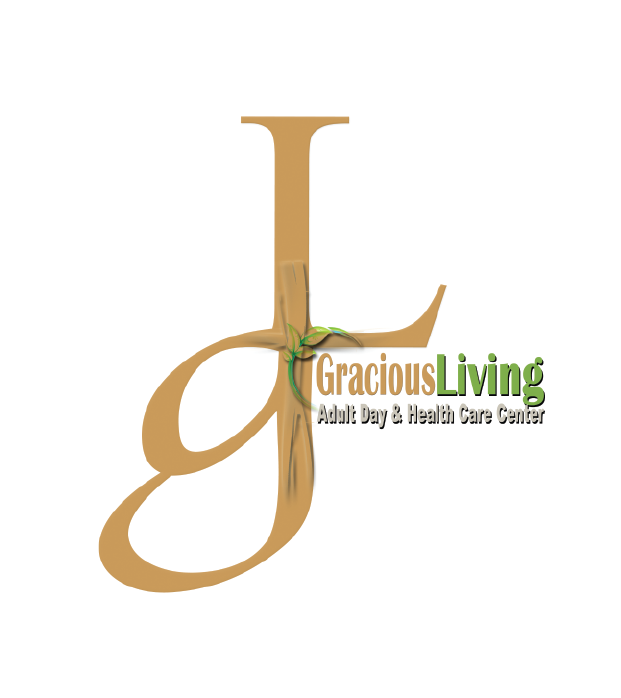
Being Dementia Friendly: It Takes A Village
-
Angela Burrow, CDP CADDCT CMDCP
Aging in Place is now a mainstream strategy when caring for older, frail people. Being familiar with your surroundings, feeling safe, enjoying good nutrition, utilizing available help and having opportunities to live your life – these are important attributes of good health. However, some family members voice concern that they lack the ability, strength and knowledge to care for their loved one whose health and abilities are declining. They need support and respite.
Here, Michele Allgood, the Director of Gracious Living Adult Day and Health Care Center, describes the special approach to care in their center. “During the pandemic, another healthcare public enemy was uncovered, and it was not Covid 19. Surgeon General, Dr. Vivek Murthy’s 2023 Advisory on the Healing Effects of Social Connection and Community outlined a very compelling case that ‘loneliness is far more than a bad feeling – it harms both individual and societal health’. He further states that loneliness is ‘associated with a greater risk of cardiovascular disease, dementia, stroke, depression, anxiety, and premature death. The mortality impact of being socially disconnected is similar to that caused by smoking up to 15 cigarettes a day and even greater than that associated with obesity and physical inactivity’.
Throughout the pandemic, Gracious Living Adult Day and Health Care Center did not close our doors because we could not allow any hinderance or interruption to our mission statement to “preserve the dignity and enhance the quality of life for those we serve through a caring, stimulating, therapeutic and enjoyable environment”. We provided the opportunity to those that needed or wanted to come to Gracious Living and participate in our adult day and health care experience.
Surgeon General Murthy also pointed out that the “lack of social connection can have significant economic costs to individual, communities, and society. Social isolation among older adults alone, accounts for an estimated $6.7 billion in excess Medicare spending annually. People with less social connections may have increased susceptibility and weaker immune responses when they are exposed to infectious diseases. Social isolation and loneliness also have been found to lead to accelerated cognitive decline and an increased risk of dementia in older adults.”
We have learnt that those participants that continued to experience the social aspects and opportunities of Gracious Living ADHCC did not succumb to infectious diseases, nor did they display the increased cognitive slide that many of our participants did that chose to stay at home during the pandemic. After weeks of staying at home, we received calls from families that even though their family members had “activity packets” they were not thriving. They did not feel inclined to color, paint, or complete the activity packets at home. Families noted that their loved one had begun sleeping more, exhibited more anxiety and fear, and cognition seemed to be worsening by the day. 50% of our participants began returning to the center. I understood what they were experiencing, firsthand.
In 2003, I chose to move my mother into our home after she had a massive stroke, ready to place her into a secure cocoon of love and 24 -7 care. There was nothing that we could not face. As the days and months moved along, we found that having such limited social contact was not adequate for either of us. We felt isolated, and since our performance, productivity, and engagement with others was diminished we were just existing. I felt called to create a place where purposeful living could continue in a community setting where social connection, cohesion, and belonging would be the experience of the participant, regardless of their medical diagnosis. The adult day and health care model seemed like a unique opportunity to achieve this goal and Gracious Living Adult Day and Health Care Center was created.
During the pandemic, our society showed that we were comfortable with the thought of substituting in-person connectiveness with social media or computerized connectiveness. A digital existence will never be an adequate substitute. Society often feels comfortable when we do not have to look at those with the residual effects of many diseases such as strokes, dementia, or Parkinson’s. We would rather push them more and more behind the scenes of social life. We must understand that this process intensifies their devaluation, emotional and physical seclusion, and their loss of significance. Life is meant to be lived, not behind the scenes, but upfront and personal, together and, if given the opportunity, we shall all age and need a social infrastructure that recognizes, addresses, and appreciates who we are today.



